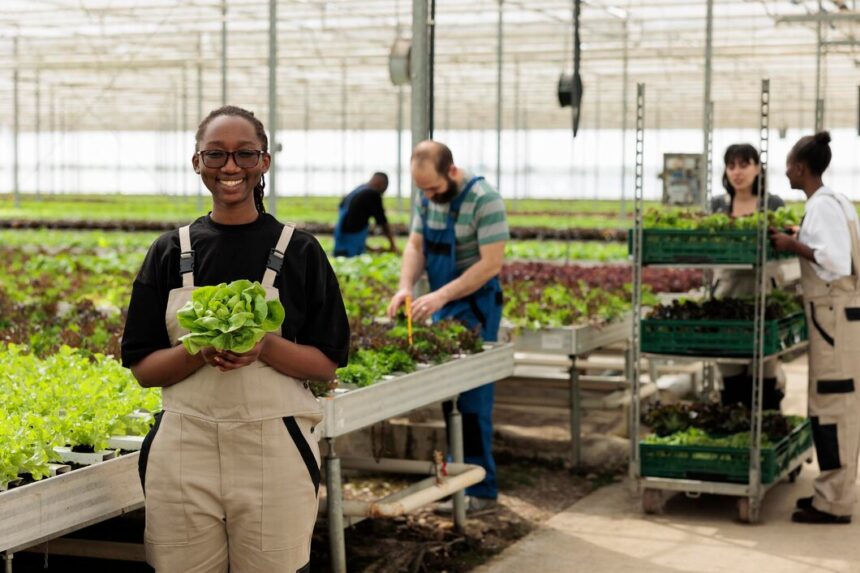Youth engagement in agriculture is crucial for ensuring food security, economic development, and sustainability in South Africa. Encouraging young people to participate in farming not only revitalizes the sector but also offers opportunities for innovation and growth. This article explores ten effective strategies to engage youth in agriculture across South Africa.
1. Educational Programs and Workshops
- Description: Collaborate with schools, universities, and agricultural institutions to offer practical workshops and training programs.
- Benefits: Hands-on learning opportunities equip youth with essential farming skills, knowledge of modern agricultural practices, and entrepreneurial insights.
2. Promoting Agripreneurship
- Description: Support and mentor aspiring young agripreneurs through incubation programs and startup competitions.
- Benefits: Encourages innovation, creativity, and business acumen among youth while fostering sustainable agricultural enterprises.
3. Access to Land and Resources
- Description: Facilitate access to land, financing, and resources through government initiatives, cooperatives, or partnerships.
- Benefits: Overcomes barriers to entry, enabling youth to start and scale agricultural ventures with reduced financial constraints.
4. Digital and Information Technologies
- Description: Integrate digital tools, apps, and platforms to provide market information, weather forecasts, and agricultural extension services.
- Benefits: Enhances productivity, decision-making, and connectivity among youth farmers, leveraging technology for sustainable farming practices.
5. Youth-Focused Agricultural Extension Services
- Description: Establish tailored extension services that address the specific needs and interests of young farmers.
- Benefits: Provides personalized support, technical advice, and mentoring to enhance agricultural skills and optimize farm management practices.
6. Networking and Peer-to-Peer Learning
- Description: Create platforms for youth farmers to network, share experiences, and learn from each other’s successes and challenges.
- Benefits: Builds a supportive community, fosters collaboration, and inspires continuous learning and improvement in agriculture.
7. Incentives and Subsidies
- Description: Offer financial incentives, grants, or subsidies targeted at youth involvement in agriculture, such as equipment grants or market access support.
- Benefits: Encourages youth participation by reducing financial risks and promoting long-term sustainability of their farming enterprises.
8. Cultural and Social Awareness Campaigns
- Description: Raise awareness about the importance of agriculture and farming careers through cultural events, social media campaigns, and community outreach.
- Benefits: Inspires pride in farming, dispels misconceptions, and highlights the opportunities for youth in the agricultural sector.
9. Integration of Sustainable Practices
- Description: Emphasize sustainable agriculture practices, such as organic farming, conservation agriculture, and agroecology.
- Benefits: Aligns youth interests with environmental stewardship, promotes resilience to climate change, and enhances long-term viability of farming.
10. Policy Advocacy and Youth Representation
- Description: Advocate for policies that prioritize youth empowerment in agriculture and ensure their voices are heard in decision-making processes.
- Benefits: Strengthens institutional support, promotes inclusive growth, and creates an enabling environment for youth participation and leadership in agriculture.
Engaging youth in agriculture is pivotal for driving innovation, sustainability, and prosperity in South Africa’s agricultural sector. By implementing these ten strategies—ranging from educational programs and agripreneurship support to digital technologies and policy advocacy—South Africa can empower its youth to become successful and resilient farmers. Encouraging a new generation of agricultural leaders not only secures food production but also contributes to economic development and social progress across the country.
Join 'Farmers Mag' WhatsApp Channel
Get the latest Farming news and tips delivered straight to your WhatsApp
CLICK HERE TO JOIN






